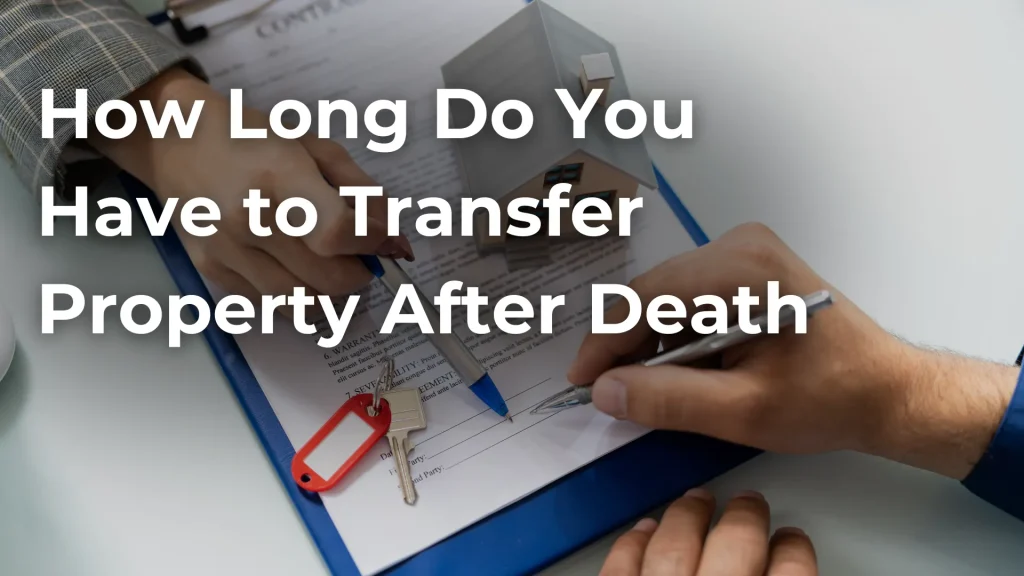Understanding the Texas Probate Process: A Step-by-Step Guide
The Texas probate process can be complex and intimidating for many individuals. Understanding the steps involved is crucial for surviving spouses and heirs who need to navigate the legal landscape after a loved one's passing. This guide will break down the probate process into manageable steps, from filing the will to finalizing the estate.
Typically, the probate process in Texas begins with filing the deceased's will in the local probate court. After the will is validated, the executor is appointed, and they will gather assets, pay debts, and distribute the remaining estate according to the will. Each step requires careful attention to detail to ensure compliance with Texas law, making it essential for individuals to seek legal guidance.
Common Misconceptions About Probate in Texas
Many people hold misconceptions about the probate process, which can lead to unnecessary stress and confusion. Understanding these myths can help individuals approach the probate process with clearer expectations and reduce anxiety during a challenging time.
For instance, one common misconception is that probate always takes a long time and is prohibitively expensive. While some cases can be lengthy, many simple estates can be settled quickly and affordably, especially with the help of a knowledgeable attorney. Debunking these myths can empower surviving spouses to make informed decisions about their loved one's estate.
What to Expect as a Surviving Spouse During Probate
As a surviving spouse, navigating the probate process can be emotionally and legally challenging. Understanding what to expect can help ease some of the burdens during this difficult time. This section will outline the rights and responsibilities of surviving spouses in the probate process.
Surviving spouses in Texas have specific rights, including the right to claim community property and certain exemptions from debts. Additionally, they may be entitled to a portion of the estate if their spouse died intestate (without a will). Knowing these rights is essential for surviving spouses to protect their interests and ensure a fair distribution of assets.
Choosing the Right Attorney for Your Probate Case in Texas
Selecting the right attorney to assist with probate matters is a crucial decision for anyone dealing with the loss of a loved one. The right legal representation can significantly influence the outcome of the probate process, making it essential to choose wisely.
When looking for a probate attorney in Texas, consider their experience in handling similar cases, their understanding of Texas probate law, and their communication style. An attorney who specializes in probate law will be better equipped to navigate the complexities of the process, advocate for your rights, and provide peace of mind during a challenging time.










